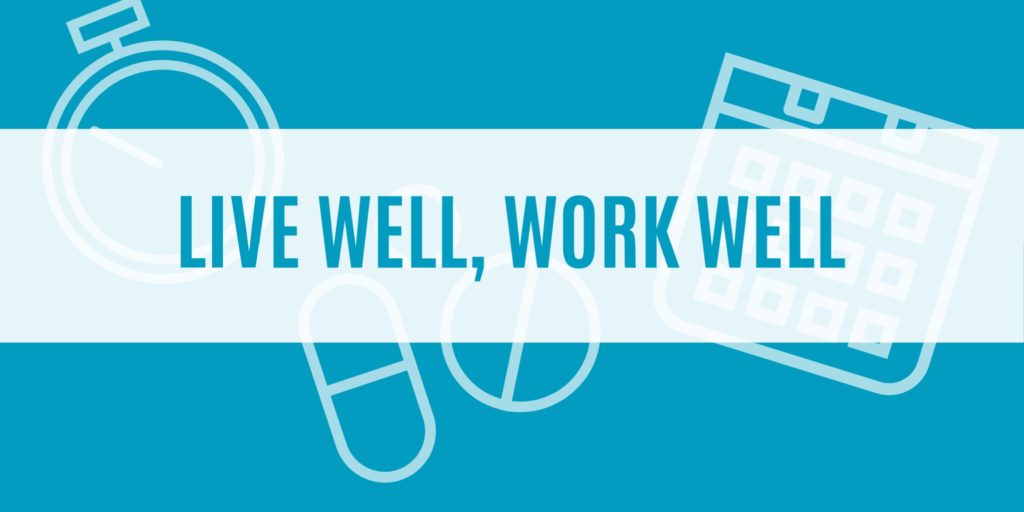 An unintentional phenomenon is on the rise—pandemic fatigue. Many people are tired of staying at home and want to be the social creatures they inherently are. In short, a lot of people want their “normal” back.
An unintentional phenomenon is on the rise—pandemic fatigue. Many people are tired of staying at home and want to be the social creatures they inherently are. In short, a lot of people want their “normal” back.
Pandemic fatigue occurs when people show low motivation or energy to comply with safety guidelines. In turn, this makes some Americans—consciously or unconsciously—disregard pandemic guidance such as social distancing, mask wearing and hand-washing. Others may be reaching a mental health breaking point.
Alarming Statistics
The effects of COVID-19 go beyond the number of cases and deaths. Alarming data from a U.S. Census Bureau survey revealed the psychological toll taken by the pandemic. American adults were asked typical mental health screening questions. Twenty-four percent showed clinically significant symptoms of major depressive disorder, and 30% showed symptoms of generalized anxiety disorder. Those rates were higher among younger adults (ages 18 to 29), women and people making less than $25,000 a year.
The survey also revealed that adults who experience common symptoms of anxiety and depression are also twice as likely to delay or avoid medical care during the pandemic.
These results were from Phase 1 of the experimental survey. To learn more about the ongoing Household Pulse Survey tracking the mental, social and economic health of Americans during the pandemic, click here.
Contributing Factors
Americans have lost their daily routines and interactions, and their overall sense of normalcy. With the development of the pandemic unknown and COVID-19 cases still on the rise across the country, Americans continue to be stressed with the uncertainty of what’s ahead.
Symptoms of Pandemic Fatigue
Pandemic fatigue could result in feelings of fear, anger, anxiety, loneliness, frustration or hopelessness. Specifically, according to the Centers for Disease Control and Prevention (CDC), stress during a global pandemic can cause the following:
- Fear and worry about personal health and the health of loved ones
- Fear and worry about finances or employment
- Changes in sleep or eating patterns
- Difficulty sleeping or concentrating
- Worsening of chronic health problems
- Worsening of mental health conditions
- Increased use of tobacco, alcohol and other substances
 Coping Strategies
Coping Strategies
If you feel overwhelmed or are battling pandemic fatigue, stay the course with these lifestyle coping tips:
- Try a new exercise. If you’ve been finding it harder to stay active, experiment with something new like walking, yoga or cycling.
- Try mindful activities. Meditation and breathing exercises can help lower your stress levels and improve your mood.
- Try going outside. Natural daylight can help reset your body’s natural sleep patterns. Outdoor activities can reduce stress and help you regain focus to take on the day.
- Try to get a good night’s sleep. This isn’t a time to neglect your sleep routine. Set a bedtime, and schedule time to wind down as well.
- Try new recipes. You’ve likely already mastered the pandemic sourdough or banana bread, so roll up your sleeves and whip up something else. This is a good time to prepare healthier meals and use that time as a fun daily activity for you and your family. It’s just as important to keep regular mealtimes during the pandemic.
- Try to limit news intake. With the pandemic constantly evolving, it may be hard to keep up and understand what’s factual and what is fake—especially on social media. If the overabundance of information (both accurate and not) is feeling like too much to process, dedicate only 30 minutes each day to the news.
- Try saying it out loud. Sometimes you just need to talk to someone about how you’re feeling, especially if you’re stressed, frustrated or anxious. Ignoring those strong feelings won’t make them go away.
With substance abuse on the rise, avoid overusing alcohol or other substances to cope with pandemic trauma. Substances may provide short-term relief, but can chip away at your efforts in managing your stress or other feelings.
As the pandemic continues, it’s important to get accurate and updated information on the risks and benefits of seeking medical care. Take care of yourself, and don’t put off needed medical care.
Take Control Today
Remember, if you don’t discover a new hobby, learn a new language or get a jump start on fitness goals, it’s OK. Dealing with a pandemic is enough of an accomplishment.
Consider how you relaxed pre-pandemic, and try to get back to that lifestyle. If you find cooking, reading or listening to music relaxing, make time to keep that a part of your routine. Continue to check in with yourself, and keep following local and CDC guidance. There are still ways to make connections and stay connected while being physically distant. Simply put, focus on what you can control during the pandemic and let the rest go. It’s important to find the motivation and focus to stay the course.
If you’re worried about your mental well-being or have been delaying medical treatment, please contact a doctor or health professional.
This article is for informational purposes only and is not intended as medical advice. For further information, please consult a medical professional. © 2020 Zywave, Inc. All rights reserved.

